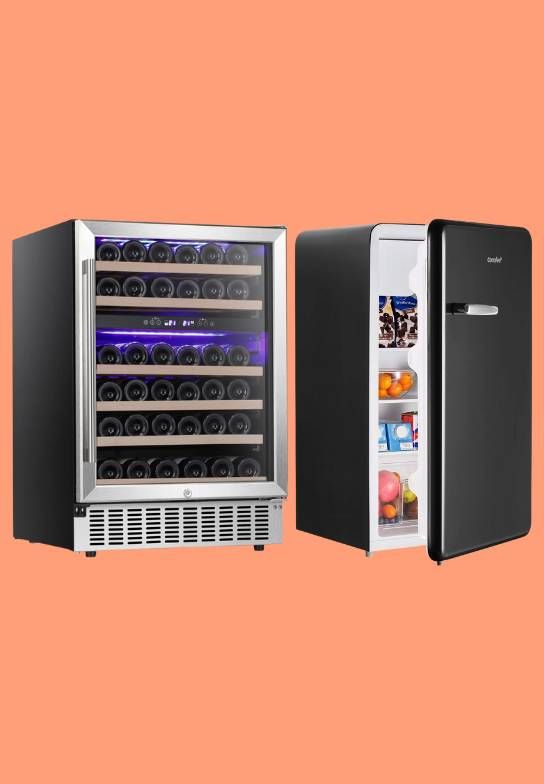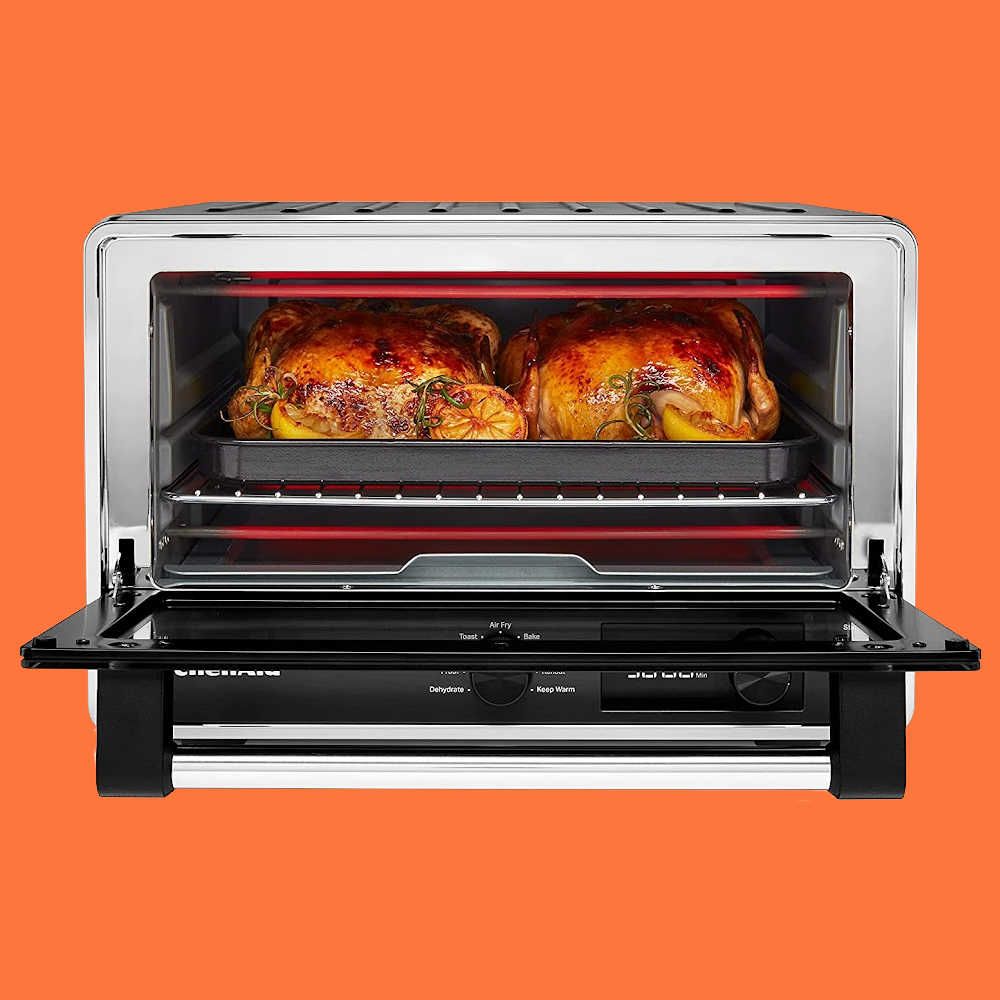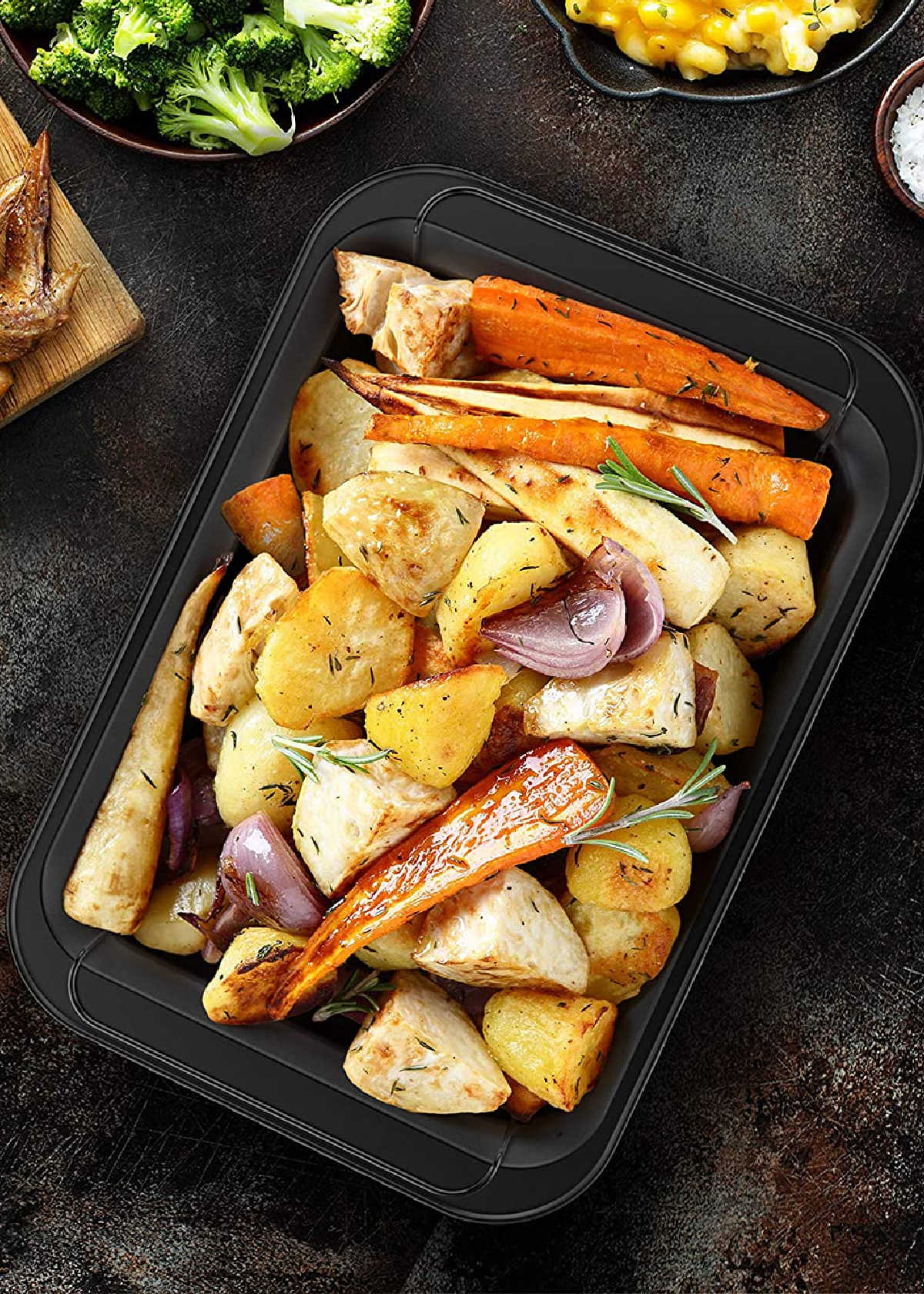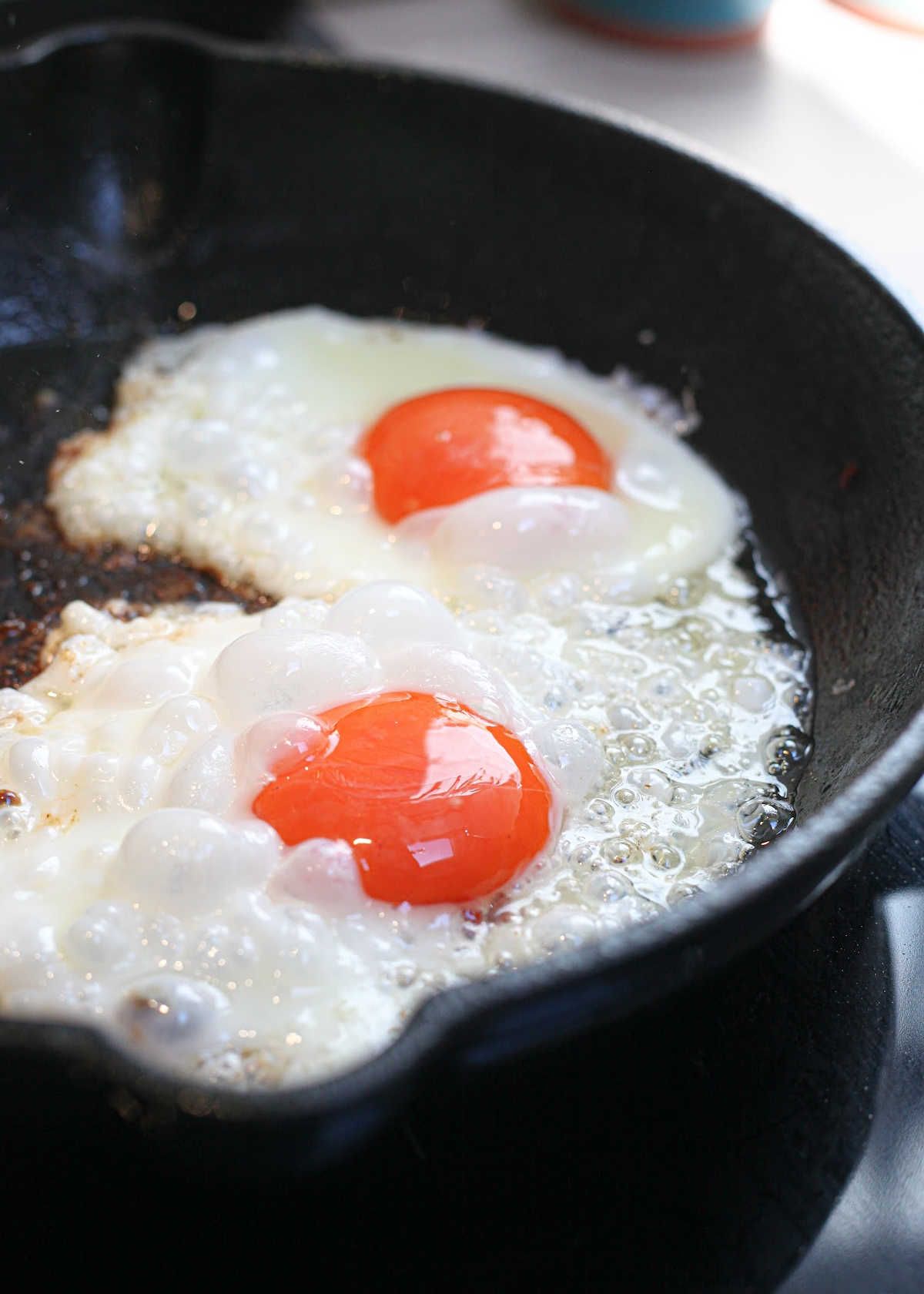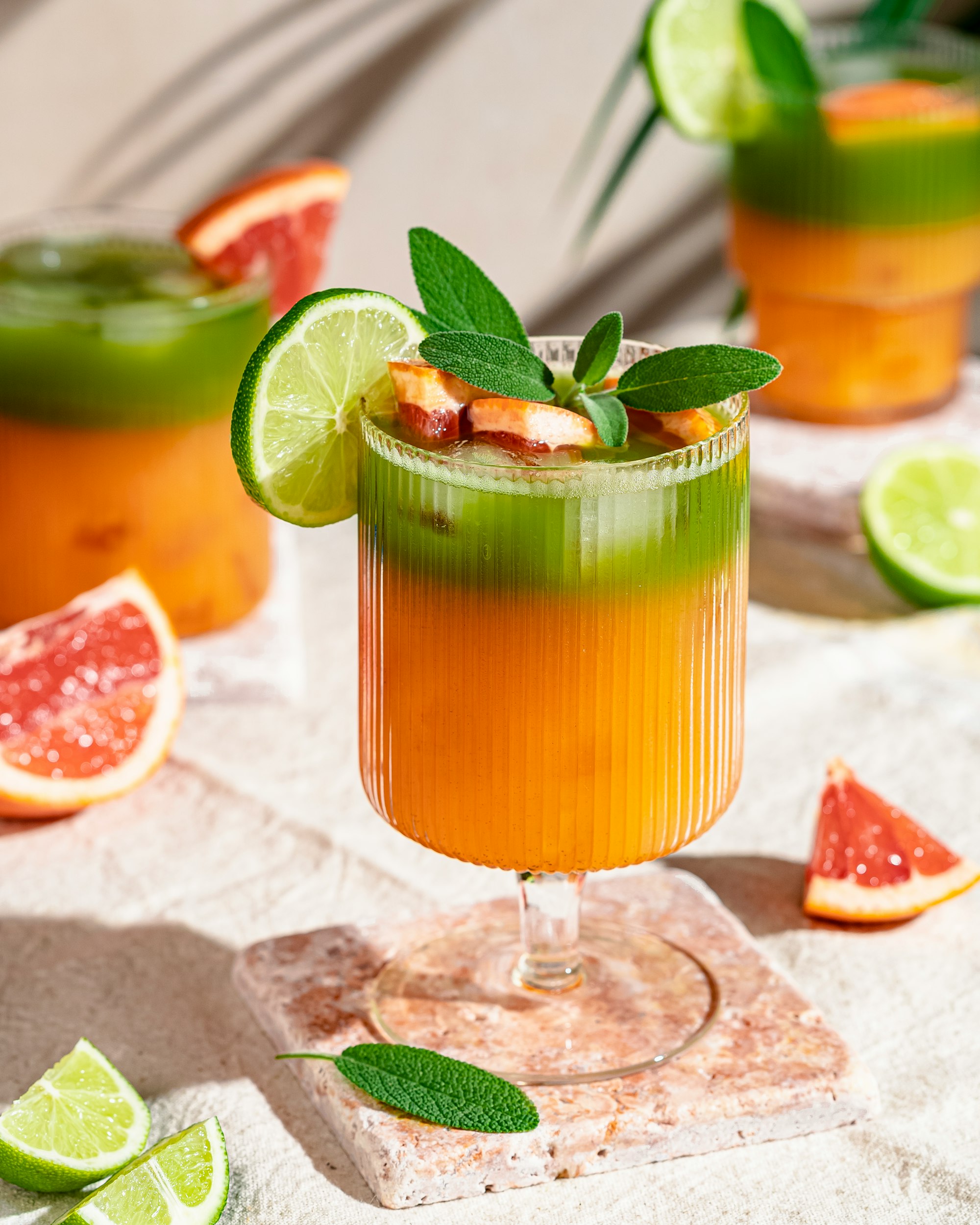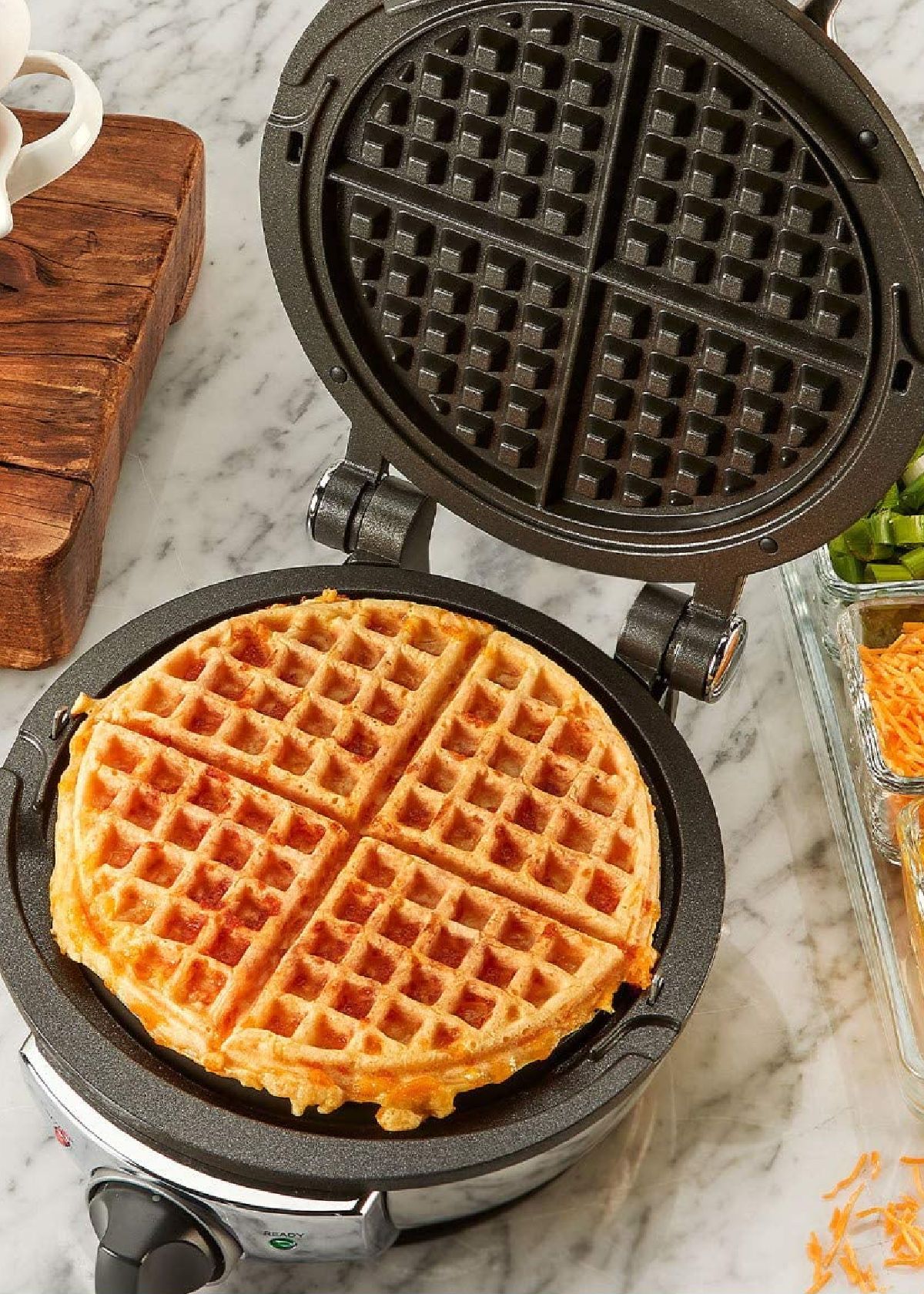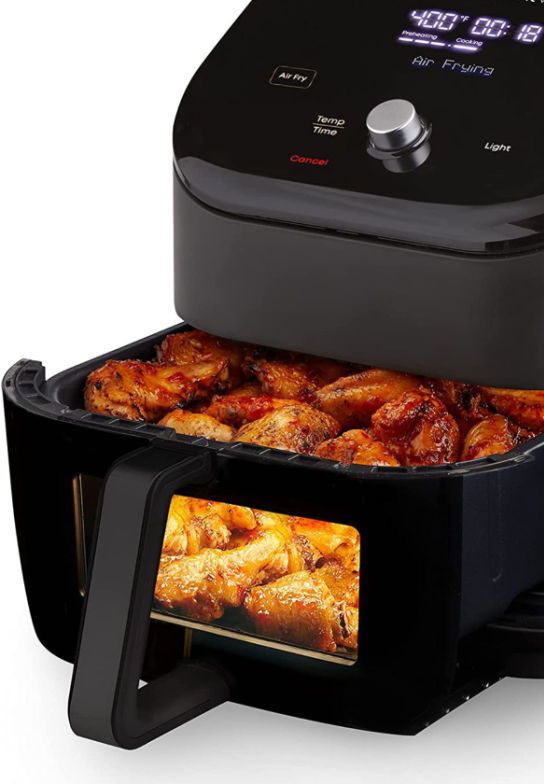Content Summary
If you are a wine enthusiast, you know how important it is to store your wine bottles in proper temperature and humidity conditions. Keeping your wine in a regular fridge might seem like an easy solution, but is it the right one?
In this article, we will dive into the differences between wine fridges vs regular fridges, their pros, and cons, and help you decide which one is the best fit for you.


Wine Fridge Vs Regular Fridge: The Differences
There are some distinct differences between wine fridges and regular fridges that you should consider when making your decision.
- Temperature range: A wine fridge has a temperature range of 41°-64°F (5°-18°C), which is optimal for storing wine bottles. A regular fridge has a temperature range of 35°F to 40°F (1.5°C to 4.5°C), which is ideal for storing most foods, and drinks, but not so much for wine bottles.
- Humidity control: A wine refrigerator has humidity control of around 50-70%, which is optimal for storing wine. A regular fridge lacks humidity control.
- Primary purpose: The main difference between a wine cooler and a traditional refrigerator is their purpose of use: one for wines, the other for foods and beverages.
- Noise levels: Wine fridges tend to be much quieter and less vibrated than regular fridges, making them ideal for wine storage.
- Cost: Wine refrigerators are more expensive than regular fridges, since they are specially designed for storing wine bottles.
- Capacity: Wine fridges tend to have less capacity than regular fridges, but this usually isn't a problem since you will probably need to store only wines. Regular fridges have a much bigger capacity, which makes them more suitable for storing foods and fruits.
- Shelving design: Wine fridges have specially designed shelves to store wine bottles horizontally (or at an angle), which keeps the wine cork moist, and prevents air from entering the bottle.
These shelves also keep the bottles steady: they can't roll. A regular refrigerator or beverage cooler has flat shelves, which can cause the bottle to roll, and "disturb" the sediment in the wine bottle.
We have written detailed guides on optimal temperature ranges for red wines/ white wines and the best wine fridge humidity level to store them in. Check them out!

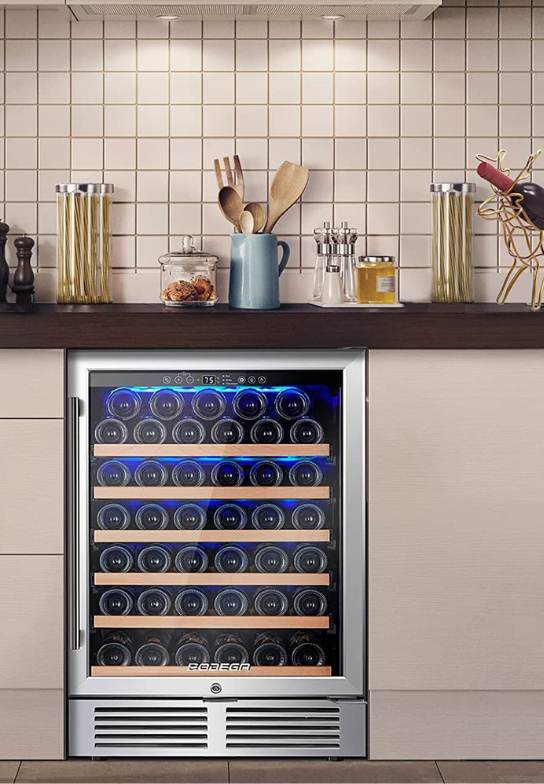
Wine Fridges Vs Regular Fridges: Pros & Cons
1. Benefits Of Wine Fridges
- A wine fridge keeps your wine collection at a constant temperature and humidity, preserving it and maintaining its quality over time.
- You can also adjust the temperature and humidity levels to suit different types of wine, such as reds, whites, or sparkling wines.
- In a single zone wine cooler, set at the perfect temperature of 55°F, you can safely store a wine collection for the long term.
- Wine fridges are designed to reduce vibrations, which can cause sediment in the bottle to move, affecting the wine's taste negatively.
- Wine lovers know that wine needs a generous dose of tender loving care, and make sure their wines are stored under the best conditions - in a wine fridge.
2. Cons Of Wine Fridges
- Wine fridges can be more expensive than regular fridges, and if you have a large wine collection, you may need multiple wine fridges to store them all.
- Wine fridges take up more space and are not very versatile. You cannot use them to store other food, fruits, vegetables, and other drinks, unlike regular fridges.





3. Benefits Of Regular Fridges
- Regular fridges are more versatile and can store a wide range of food, fruits, vegetables, drinks, and other perishable items.
- Many regular fridges have a freezing compartment, so you can keep frozen foods and make ice cubes.
- If you have limited space, you can use a regular fridge to store beverages, but also your sparkling wine bottles.
- These fridges are less expensive than wine fridges, making them a more cost-effective option.
4. Cons Of Regular Fridges
- Regular fridges lack humidity control, which can affect wine preservation.
- The temperature fluctuates due to the fact, that a regular or beverage coolers is usually opened several times during the day. Both red and white wines need a stable temperature.
- They are too cold for storing wine bottles, which can negatively impact the wine's flavor and quality; in particular, red wines. Exception: some white wine, like sparkling wine, will survive in a traditional or beverage fridge.
- Regular fridges are designed to reduce energy consumption, which means they have more vibrations than wine fridges, which can disturb the sediment in the bottle.
- Regular fridges are not designed to store standard 0.75L let alone larger wine bottles, which can result in space issues.
We have published helpful guides on how to store wine properly and wine fridge cooling conditions, and wine fridge temperatures to set. Check them out!


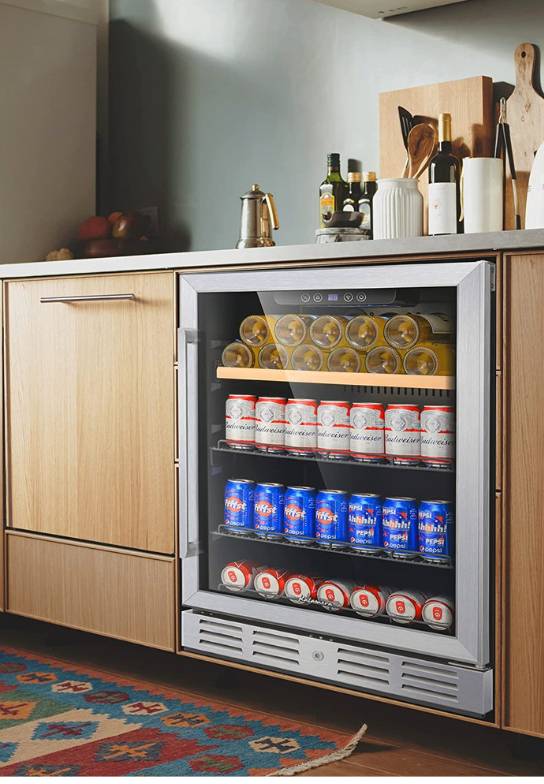

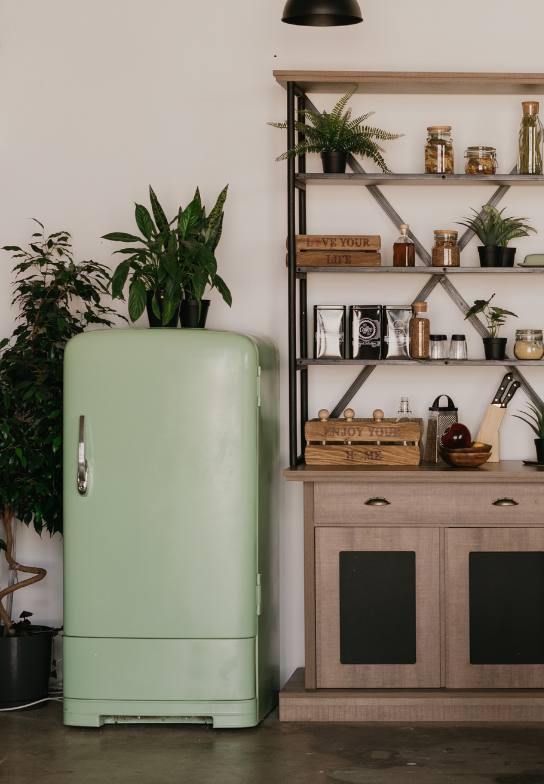
Wine Coolers vs Regular Coolers FAQs
Here are some frequently asked questions about wine fridges and regular fridges:
Can you use a small fridge as a wine cooler?
If you don't have enough space or budget for a wine fridge, you can use a small fridge as a temporary makeshift wine cooler.
- Important: this small fridge must allow you to raise the temperature to minimum 40°F for white, minimum 50°F for red wine.
- The must-to-do thing is to adjust the optimal temperature from 55°F to 60°F, and the humidity level of around 50-70%, and store the wine bottles horizontally.
- You can also invest in wine bottle sleeves or cushions to reduce vibrations and protect the bottles' labels.
- Additionally, avoid storing your wine for long periods in small fridges, as they might not be able to maintain the ideal temperature and humidity conditions.
Can I store food in a wine fridge?
It is not recommended to store food in a wine fridge.
- Wine fridges are designed to maintain the ideal temperature and humidity conditions for storing wine bottles.
- Storing wine requires a temperature range of 41°-64°F (5°-18°C). Storing food and beverages like soda and beer a range of 35°F to 40°F (1.5°C to 4.5°C). So, it's safer to store foods and beverages in a regular fridge.
- Storing food in a wine fridge can cause the temperature and humidity levels to fluctuate, which can damage your wines.
- Storing food in a wine fridge can affect its smell and flavor. Additionally, the food can spoil quickly if it is not stored properly.
Can you store vegetables in a wine fridge?
It is not recommended to store vegetables in a wine fridge.
- Vegetables need cooler temperatures and higher humidity levels than most wine fridges can provide.
- Storing vegetables in a wine fridge can affect the temperature and humidity settings meant for preserving wine bottles. This can potentially harm your wines.
- Therefore, it is best to store vegetables in a regular fridge instead of a wine fridge.
Can I store fruit in a wine cooler?
It is not recommended to store fruit in a wine cooler.
- Fruits need temperatures lower than most wine coolers can provide, which may cause them to spoil quickly.
- Keeping fruits in a wine cooler can disrupt the optimal temperature and humidity needed to maintain wine bottle quality, potentially harming your wines.
- Therefore, it is best to store fruits in a regular fridge instead of a wine cooler.
Can you store eggs in a wine fridge?
It is not recommended to store eggs in a wine fridge. Eggs need cooler temperatures and higher humidity levels than most wine fridges can provide.
Can cheese be stored in wine fridge?
It is not recommended to store cheese in a wine fridge. Cheese needs cooler temperatures and higher humidity levels than most wine fridges can provide.
Additionally, the smell and flavor of cheese can affect your wines if stored in a wine fridge. Therefore, it is best to store cheese in a regular fridge instead of a wine fridge.
Can you store beer in a wine fridge?
It is not recommended to store beer in a wine fridge. Beers needs cooler temperatures (34°-40°F) than most wine fridges can provide.
Tips & Tricks
Here are some tips and tricks to help you store wine properly:
- Wine bottles should be stored horizontally or at an angle, so that the cork remains moist and prevents air from entering the bottle.
- Monitor the temperature and humidity levels of your wine fridge regularly to ensure that it is always set at optimal levels.
- Regularly clean your wine fridge to prevent any odors from affecting the flavors of your wines.
If you're a serious wine enthusiast with a large wine collection and don't have a wine cellar, a wine fridge is an ideal option for preserving your wine's quality. Here are our picks of the best large wine fridges for you.

If you're looking for a cost-effective, versatile general food storage option, a regular fridge may be the better option. The below-reviewed blog post of the best mini fridges with freezer review can help you pick the right option.
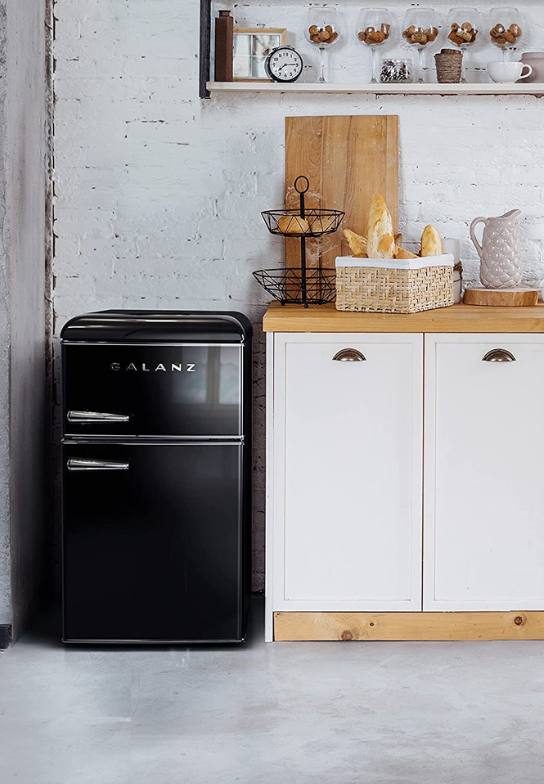
Overall, the choice of a wine fridge vs a regular fridge depends on your storage needs and budget. We hope this guide has helped you decide whether a wine fridge or a regular fridge is the right choice for your needs. Happy shopping!
Catchy Finds



